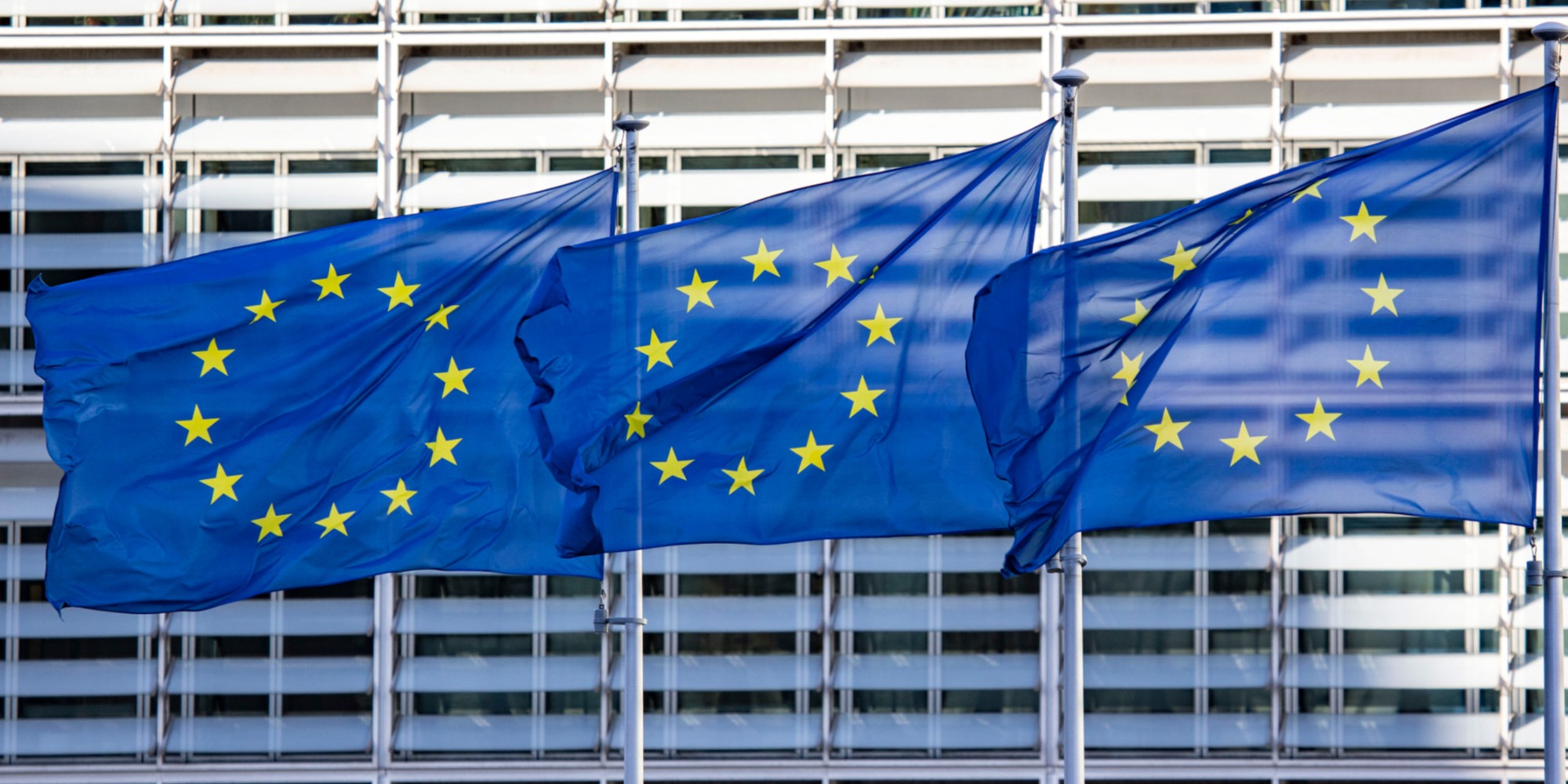The regulation on digital markets (DMA) must profoundly modify the economic models of these behemoths, accused of ousting competition by abusing their dominant position. This legislation opens a new front between the EU and big tech, with new legal battles in prospect.
The Commission has designated a total of 22 key platforms belonging to these six groups: four social networks (TikTok, Instagram, Facebook, LinkedIn), two instant messengers (WhatsApp and Messenger), three operating systems (Android, iOS, Windows), a search engine (Google), two browsers (Chrome, Safari).
The list also includes six intermediation services (Google Maps, Google Play, Google Shopping, Amazon Marketplace, App Store and Meta Marketplace), the video sharing site Youtube as well as the advertising services of Google, Amazon and Meta.
At the initiative of the text, Commissioners Margrethe Vestager and Thierry Breton hope to encourage the emergence of European start-ups and improve the services offered to consumers. After years of chasing after infringements in endless legal proceedings, Brussels wants to act faster and stronger.
The DMA imposes on the most powerful actors a straitjacket of obligations and prohibitions to be respected under penalty of fines which could reach 20% of their worldwide turnover in the event of recidivism.
“The rules of the game have changed”
“We have already started to discuss with companies who have understood that the rules of the game have changed”, explains Thierry Breton. He affirms that the European Commission, which will hold the power of control and sanctions, “will not hesitate to take strong measures”. The goal is to act before the abusive behavior has already destroyed competition and created a quasi-monopoly like that of Google in search engines.
The legislation “changes the digital industry in Europe and transforms an unregulated sector into a deeply regulated sector”, underlines Alexandre de Streel, academic director of the Center on Regulation in Europe (CERRE).
Among the new rules, the EU will impose the interoperability of the targeted messaging services. Thus WhatsApp and Messenger, both owned by Meta, will have to allow their users to communicate with competing products like Signal.
The regulation will apply from March 6 to these firms designated Wednesday as “gatekeepers”, because of their size which makes them essential in their activities. By then, affected groups will be required to submit a report detailing how they have achieved compliance.
Inter
Some rules take effect immediately. This is the case of the new obligation for these platforms to inform the Commission of any takeover operation, regardless of the size of the target.
In addition, Google will be prohibited from showing favoritism towards its own services in the results of its search engine, as it has been accused of doing with its online sales site Google Shopping.
The new law will prevent e-commerce giant Amazon from using data generated on its sites by corporate customers to better compete with them. The DMA will force Apple to authorize on its products, such as its famous iPhone or iPad, other application stores than the Apple Store.
A regularly reviewed list
Legal remedies are to be expected given the importance of the interests at stake. The new regulation “is a complex law in a complex environment, it is inevitable to have legal challenges at the beginning”, believes Mr. de Streel. The list of “access controllers” will be regularly reviewed to take market developments into account.
Three Microsoft services (the Edge browser, the Bing search engine as well as Microsoft Advertising) are being further investigated by the Commission for possible further designation, as are the iMessage messaging service and the iPadOS operating system. ‘Apple. The apple brand also said it was “very concerned” about the new rules, saying they pose problems for privacy and data security.
Microsoft was pleased that its three services that meet the criteria for being targeted by the legislation are exempted from it for the time being. “We welcome the Commission’s decision to open a market investigation to examine our request for exemption from Bing, Edge and Microsoft Ads – which operate as challengers in the market,” a spokesperson said.
“We will continue to work closely with the European Commission to comply with the law,” said Oliver Bethell, Google’s chief legal officer.
